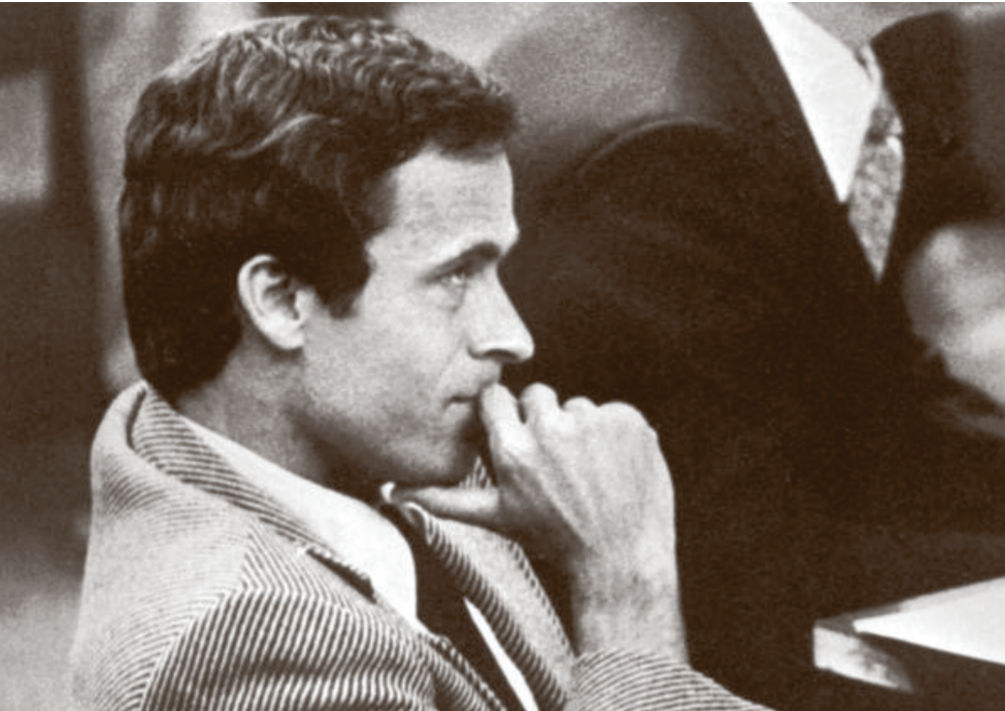Mark Twain once quipped that truth is stranger than fiction, and perhaps this is part of the appeal of true crime documentary series like Netflix’s “Conversations with a Killer: The Ted Bundy Tapes.” Certainly, the tales of Agatha Christie and the adventures of Sherlock Holmes have lived on far past their own times, but the reality, brutality and sheer depravity of killers like Bundy are able to capture the human imagination unlike any fictional story
“Conversations With a Killer” was created and directed by Joe Berlinger, who made his name in true crime and remains one of the most influential figures in the genre. Certainly this series is one of his best works. The series uses a number of recorded interviews between Bundy and journalist/author Hugh Aynesworth as a window into the past. Meanwhile, brilliantly edited archival footage creates an immersive and chilling viewing experience.
Perhaps the two greatest strengths of the series are the structure and the interviews. While “Conversations with a Killer” does operate according to a chronological timeline, Berlinger subtly incorporates common themes throughout. While not quite as sophisticated as the brilliantly engaging yet erudite collage style of “Wormwood,” Netflix’s other true crime masterpiece, “Conversations with a Killer’s” structure provides a strong framework onto which the powerful interviews are projected.
Berlinger features interviews with former law enforcement officers, relatives of victims and a number of psychologists and journalists familiar with Bundy. Yet rather than focus on the simple facts of Bundy or his victims, “Conversations with a Killer” uses its interviews to delve into important subjects that could easily be ignored, yet are in fact central to the story. Themes include: American culture in the 1970’s, the changing nature of local and federal law enforcement and the dramatic shifts in the media landscape.
Discussions with psychologists in the series delve into the psychology of Bundy, and in particular his ominous warning that there were others like him in American society. The meticulous, almost professional manner in which Bundy went about his horrific crimes is one of fascinating aspects of his personality. The series remains focused squarely on the evil of the man and the pain he caused to others, and it does not fall into the trap of glorifying Bundy because of his kill count. However, sadly the film does not reveal anything new to those who have studied Bundy.
While Bundy is never glorified, the filmmaker does note the irony of people cheering for his death. Instead of becoming more opposed to violence and killing in all forms, people made an event out of killing one more. Berlinger poses this question to the viewer: if enjoying death makes Bundy crazy, then what does it say about those celebrating his demise?
Whether you are a fan of documentaries or not, you will become fascinated and horrified by the Ted Bundy story. For certain, “Conversations with Killer: The Ted Bundy Tapes” is an excellent piece of filmmaking, and one of the most enjoyable documentaries of the year so far.
